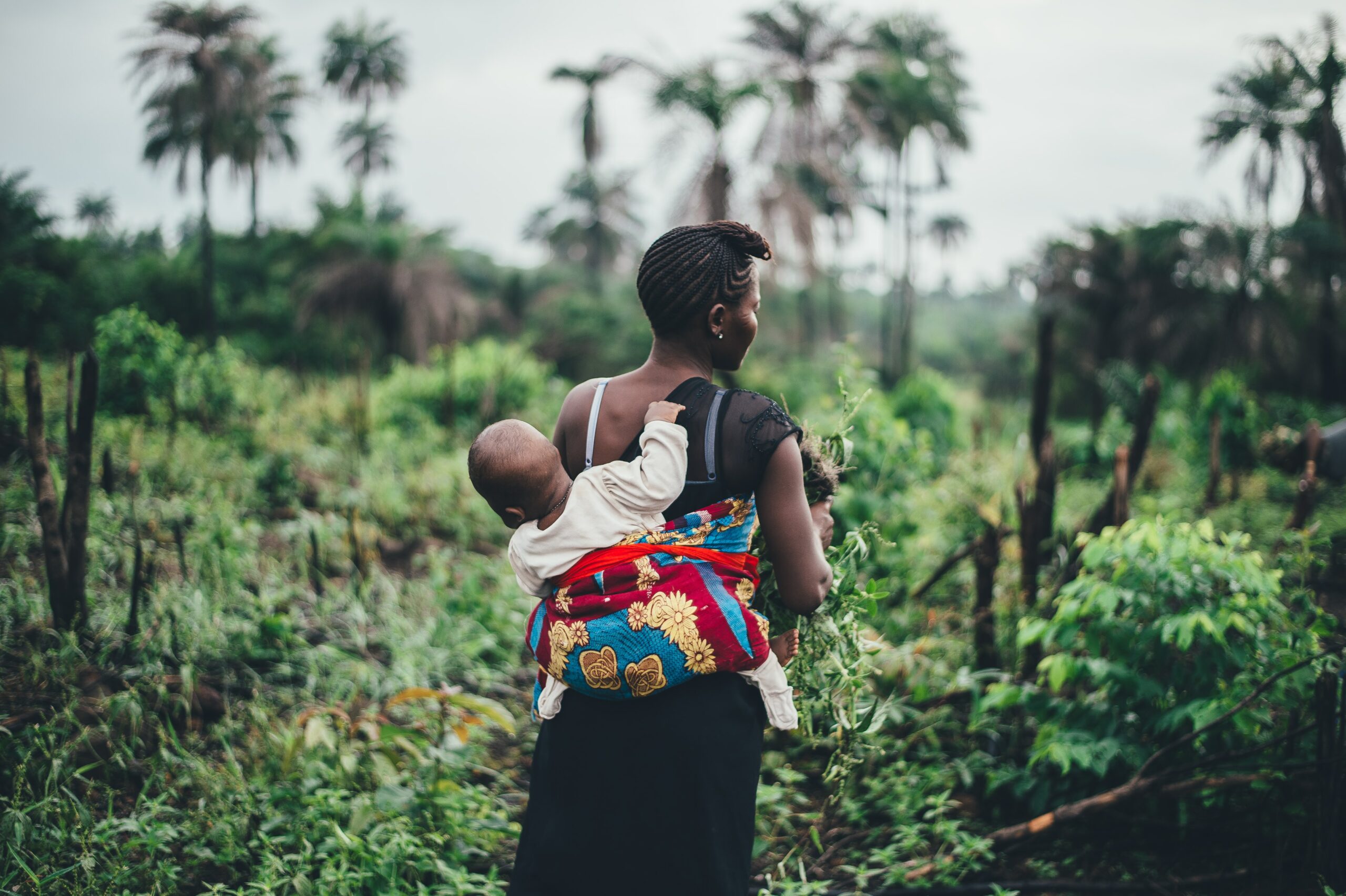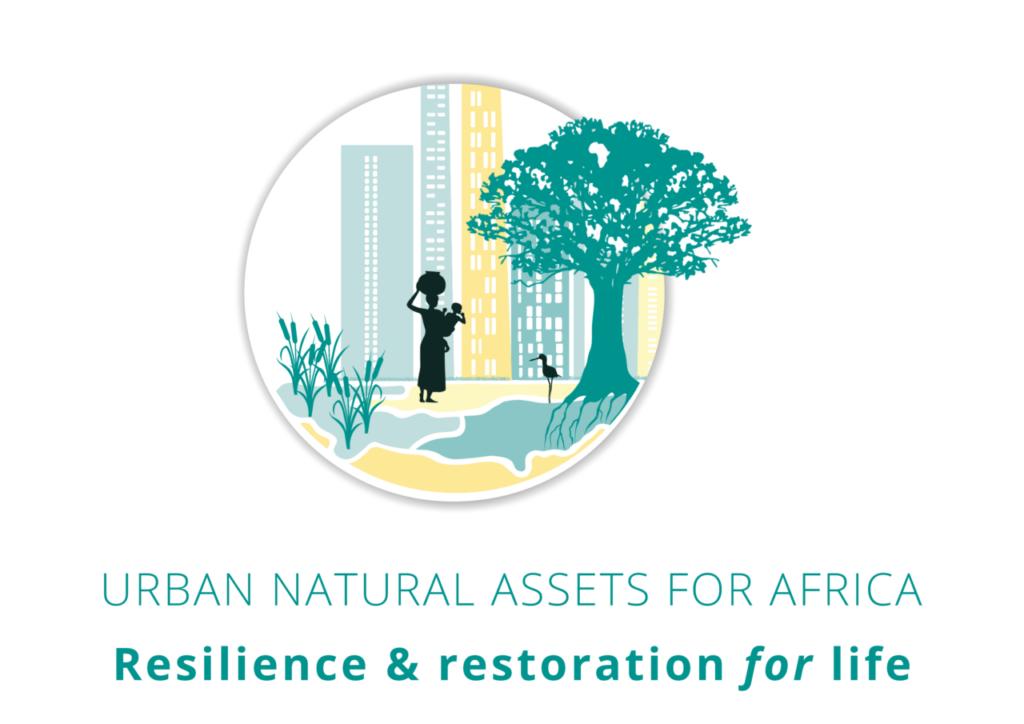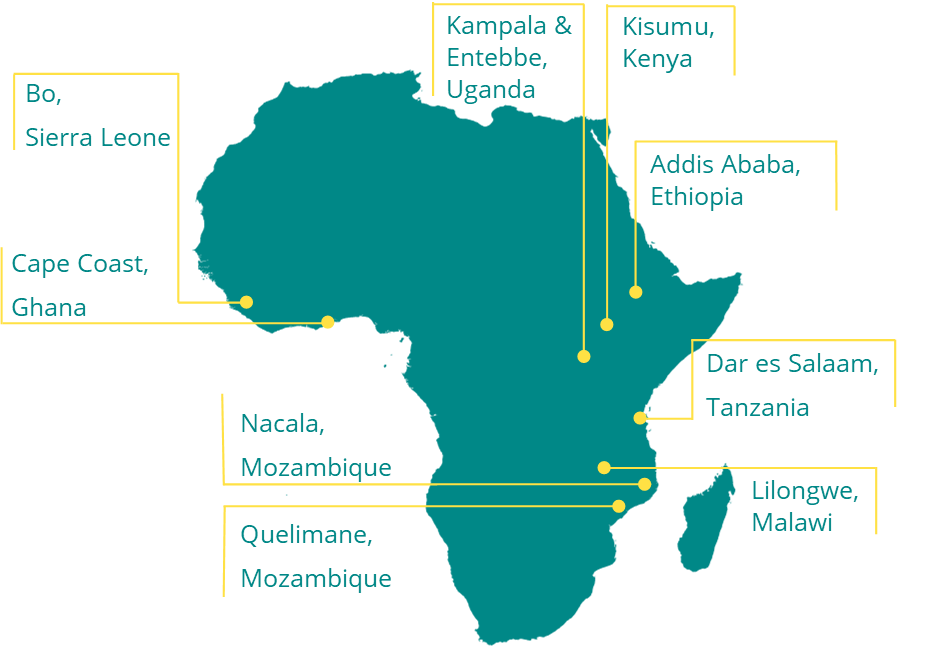9 December 2021
Rights for resilience
The Urban Natural Assets (UNA) programme’s latest project looks to a human rights-based approach to restore natural assets and build resilience




Under the Urban Natural Assets: Resilience & Restoration for Life project, ICLEI Africa is aiming to embed a human rights-based approach (HRBA) into all of its proposed activities. Since this project is taking place across 10 African cities it has the potential to set an important precedent for how human rights can inform our solutions to development problems, using urban natural assets.
‘Human rights’ is a much-used buzzword, but how can human rights be meaningfully incorporated into development, finance and climate plans and projects? And how can they build resilience through urban natural assets?
Prior to 1997, most development agencies pursued a ‘basic needs’ approach. This entailed identifying the basic requirements of beneficiaries and then working toward fulfilling these either through advocacy or supporting initiatives to improve service delivery. When a need is left unfulfilled this leads to dissatisfaction, often without a specific sense of urgency around redress. In contrast, a human rights-based approach works toward fulfilling the rights of people. In other words, not respecting these rights constitutes a violation and redress or reparation can be legally and legitimately claimed (if the law in that country allows).
A human rights-based approach focuses on fulfilling the rights of people – rather than the needs of beneficiaries
Similarly, in a human rights-based approach, governments (or duty-bearers) are highlighted as responsible for respecting, protecting and guaranteeing these rights. Development complexities are addressed holistically, taking into account connections and dynamics between individuals, and systems of power. This approach is bolstered by an emphasis on accountability – aiming to embed these kinds of feedback loops between rights-holders and duty-bearers wherever possible.
The human rights-based approach focuses on those who are most marginalised, excluded or discriminated against. This often requires an analysis of gender norms, different forms of discrimination and an exploration of power imbalances, to ensure that interventions reach the most marginalised segments of the population. This approach to development has been gaining traction globally, ensuring that no one group of people gets left behind.
In line with international and regional conceptual frameworks on human rights, ICLEI Africa’s understanding of HRBA is one that aims to promote and protect these rights; “it seeks to analyse inequalities which lie at the heart of development problems and redress discriminatory practices and unjust distributions of power that impede development progress”[1].
ICLEI Africa’s observation is that human rights go hand in hand with the environment. On the importance of a rights-based approach to biodiversity, the UN’s Special Rapporteur notes that “… A rights-based approach to environmental protection is an obligation, not an option, because of the international human rights commitments made by all States. Taking a rights-based approach to climate change and biodiversity conservation will produce effective and equitable outcomes that prioritise vulnerable and marginalised populations”[2]. In fact, the core enablers of socio-economic resilience and ecological regeneration, can be found within the realm of what is usually considered human rights; participation, inclusivity, accountability, equality, non-discrimination, transparency, human dignity, empowerment and rule of law.

As such, UNA Resilience – the shortened name of the project – is committed to paying specific attention to human rights, power dynamics between stakeholders, analysing inequalities and how communities articulate their rights and entitlements related to natural assets. And going beyond this, the focus will be on drawing connections between articulated rights, entitlements and needs, and these urban natural assets – specifically in addressing the challenges associated with protecting and restoring urban nature and the services which it provides. The programme has historically been strongly rooted in building urban resilience through the integration of nature-based solutions (NBS) and ecosystem restoration into land-use planning and decision-making processes.
By working toward improving uptake of basic human rights such as access to food, water, healthy environment, energy, health and wellbeing, in concord with ecosystem considerations we can improve socio-economic resilience and reduce the impact on urban nature. Key to this is identifying possible causal relationships between people and nature to identify the points of conflict, and therefore work toward potential governance solutions to overcome these. Whilst NBS enhances the functioning of ecosystems, it also forms part of the solution package to address societal and development challenges, and vulnerabilities and inequalities, that many African cities and urban communities face. NBS also offers a mechanism that can be applied across the nexus of socio-economic systems and sectors, contributing towards the achievement of development goals, while providing safeguards for peoples’ rights and well-being.
All UNA Resilience activities will be tasked with mainstreaming human rights principles into their methodologies. This includes a focus on gender equality, land tenure security, participation as a function of particular cultural or societal norms, legislative recognition of rights in plans and policies, and regulatory compliance frameworks for non-state actors activities. For each city, a socio-economic assessment will be conducted first and foremost to inform how we can engage with HRBA in the different locations. Although the overarching framework for a HRBA exists it needs to be contextualised and applicable at the local level. ICLEI Africa, through the UNA project, will therefore foster dialogue with key city actors to ensure that the HRBA definition and approach is contextualised for each city to further support mainstreaming.
As a start, in early 2022 the UNA programme will support both Bo City, Sierra Leone and Cape Coast, Ghana to identify and map hotspots in which human development interacts with natural assets, model future projections for socio-economic trends and their impact on urban natural assets and co-develop key recommendations and potential trajectories for human-natural assets interactions
The idea is that a renewed and deliberate focus on rights of people first and foremost, using natural assets as the tools and the drivers, will result in improved resilience overall.
[1] Drawn from the Office of the United Nations High Commissioner for Human Rights’ FAQ
[2] Letter from the Special Rapporteur on human rights and the environment – Adopting a rights-based approach to the global climate and biodiversity crises. January 2021. Available at: https://www.ohchr.org/Documents/Issues/Environment/SREnvironment/ Geneva-Climate-Nature-en.pd


